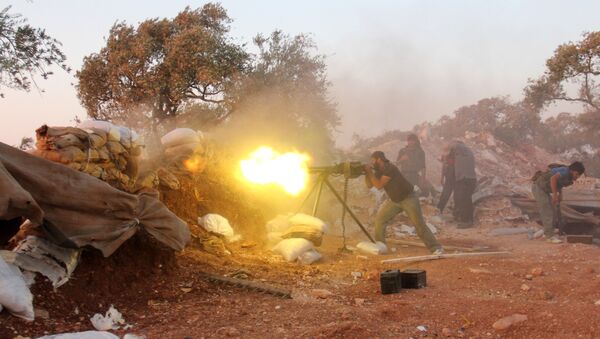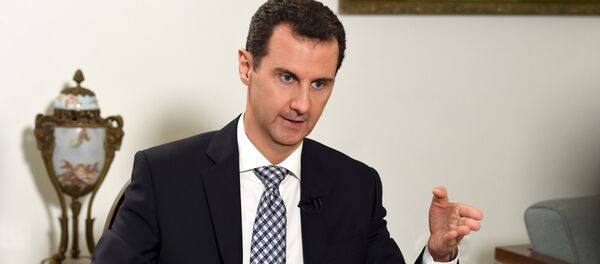"The wave of refugees hitting Europe has really undermined support for the Syrian armed opposition and dried up a lot of the patience towards the opposition's shortcomings," Nicholas Heras, an expert on Middle Eastern security, told the Christian Science Monitor. "In many ways they are now looked upon as a… basket case."
For its part, Russia has always maintained that Syria's future could only be determined by its people. Russian Deputy Foreign Minister Sergei Ryabkov reaffirmed this stance on Monday.
Together with Russia, Washington also brokered a ceasefire agreement, which came into effect last Saturday. The truce deal, according to the analyst, could be viewed as a tacit acknowledgement that Assad is not going anywhere in the near future.
Should the ceasefire not collapse in the coming days, the intra-Syrian peace talks will resume next week, bringing hope that five years of the foreign sponsored insurgency that claimed more than 250,000 lives and forced 11 million people to relocate would be over.
Many are optimistic. Foreign affairs expert Patrick L. Smith maintains that the ceasefire regime is primarily upheld by the United States and Moscow, which makes it stronger and not weaker.
Moscow and Washington "are the parties to this conflict who will determine the outcome," he observed. "The Americans and Russians now have good reasons – very different reasons, of course – to make this agreement hold and go somewhere. They did not a matter of weeks ago."


